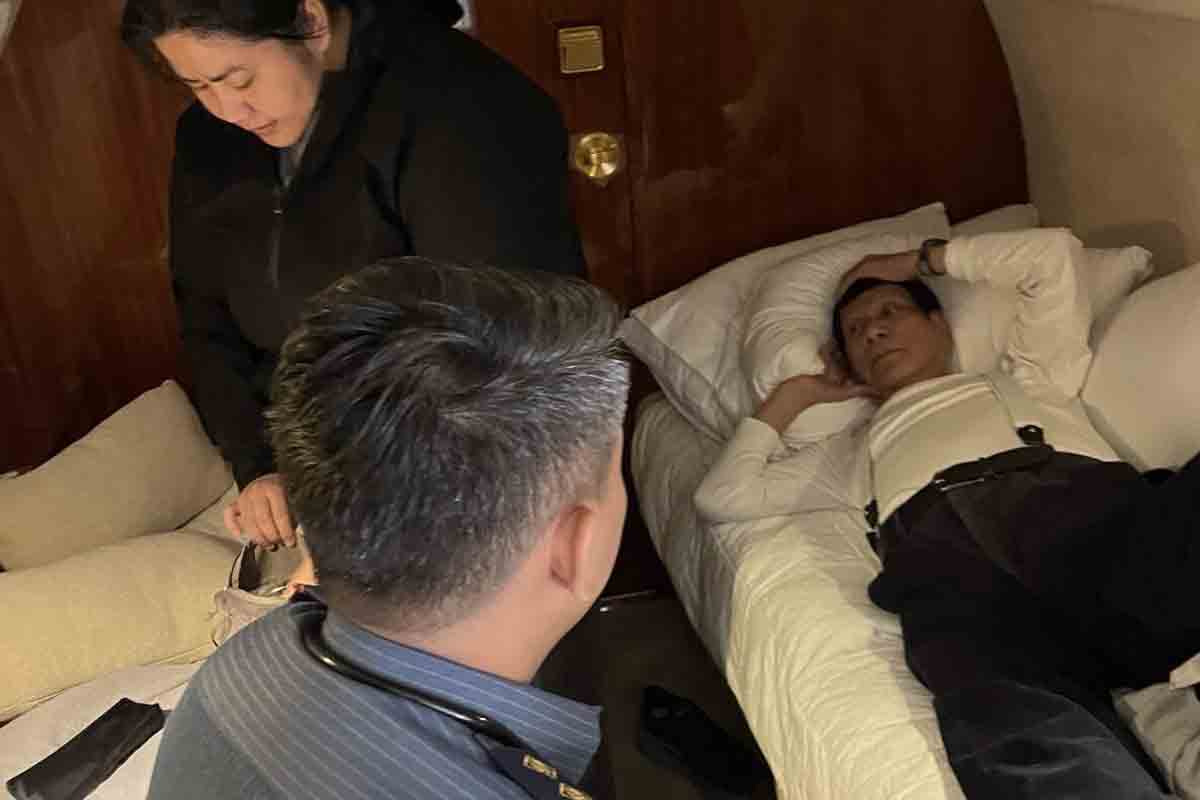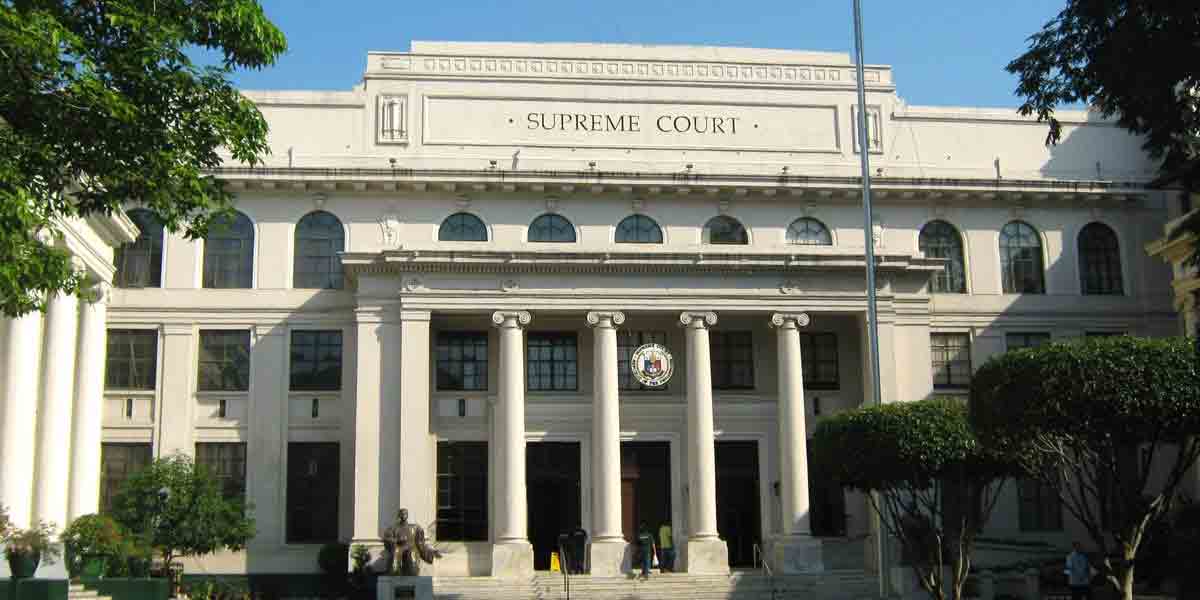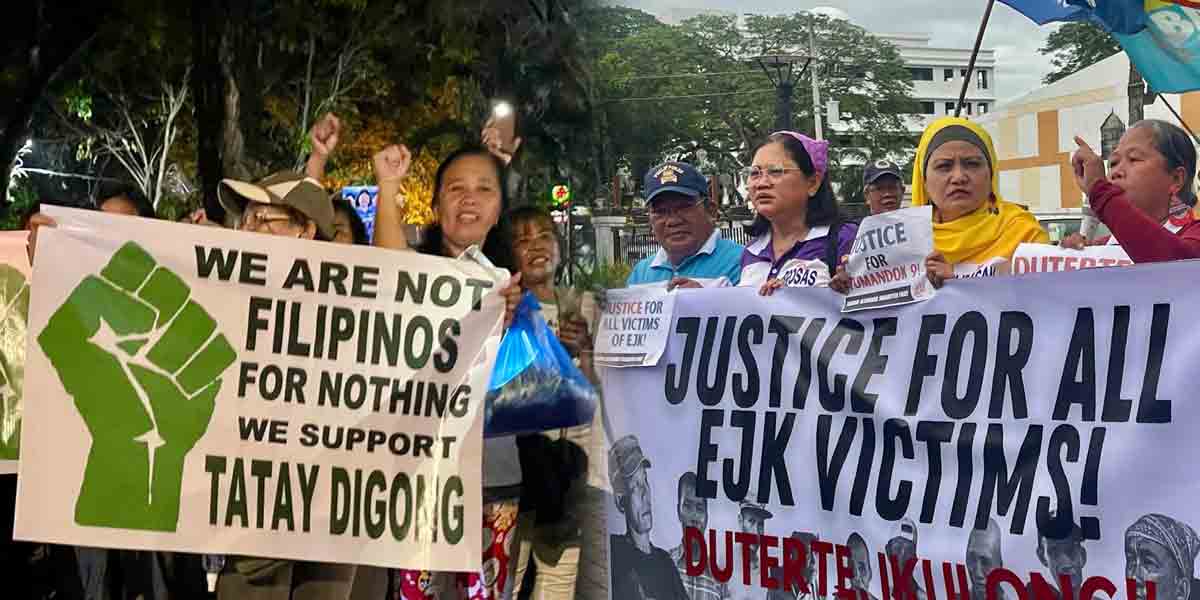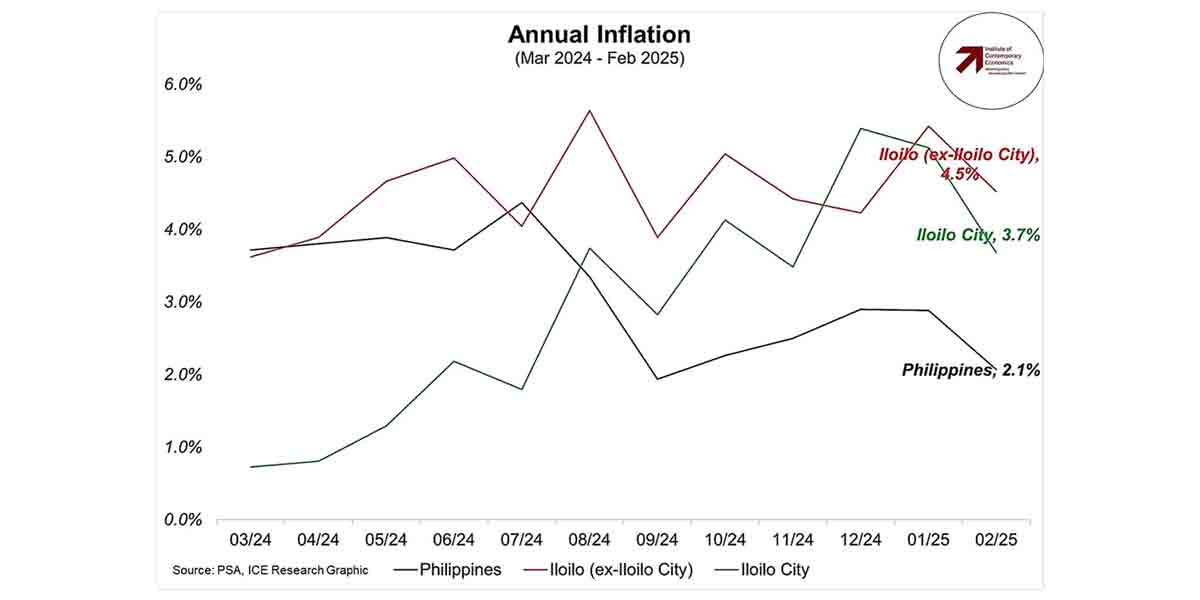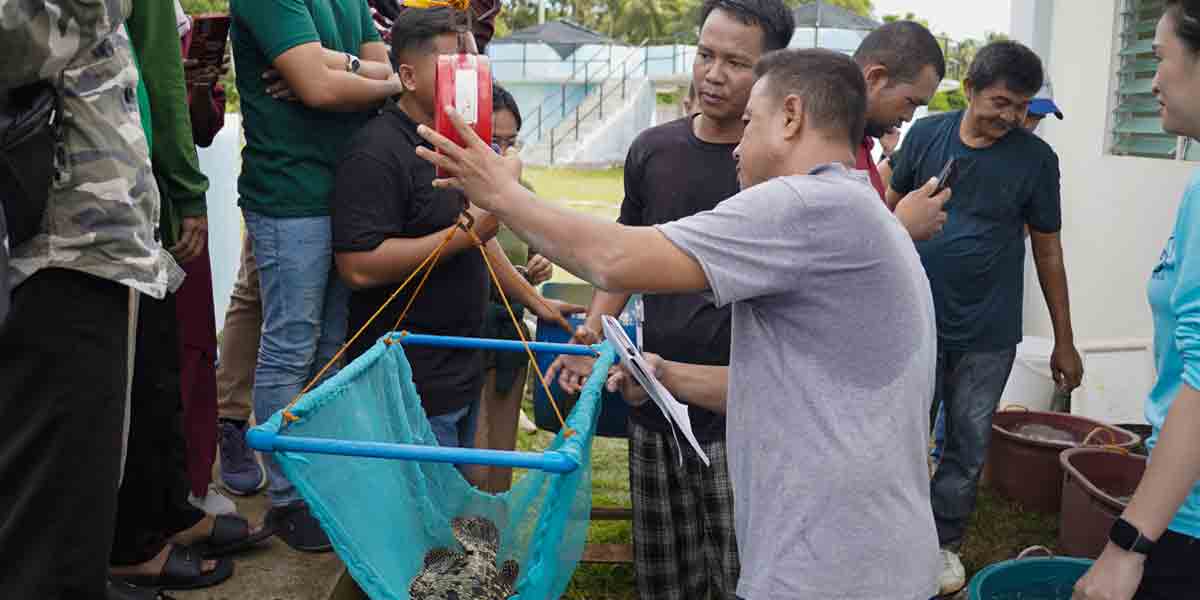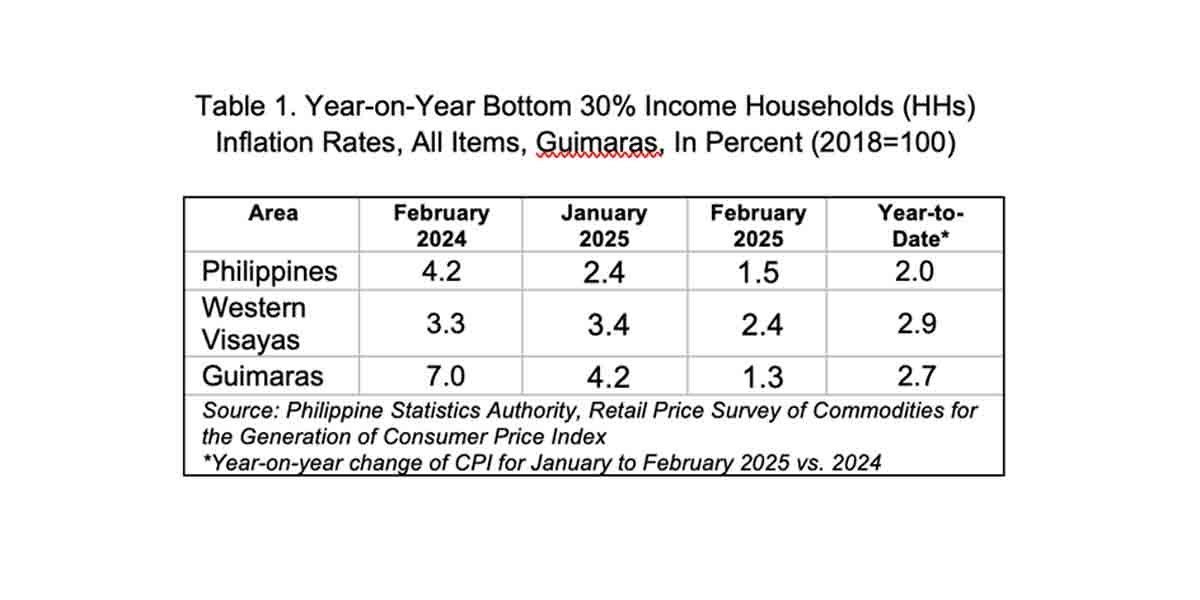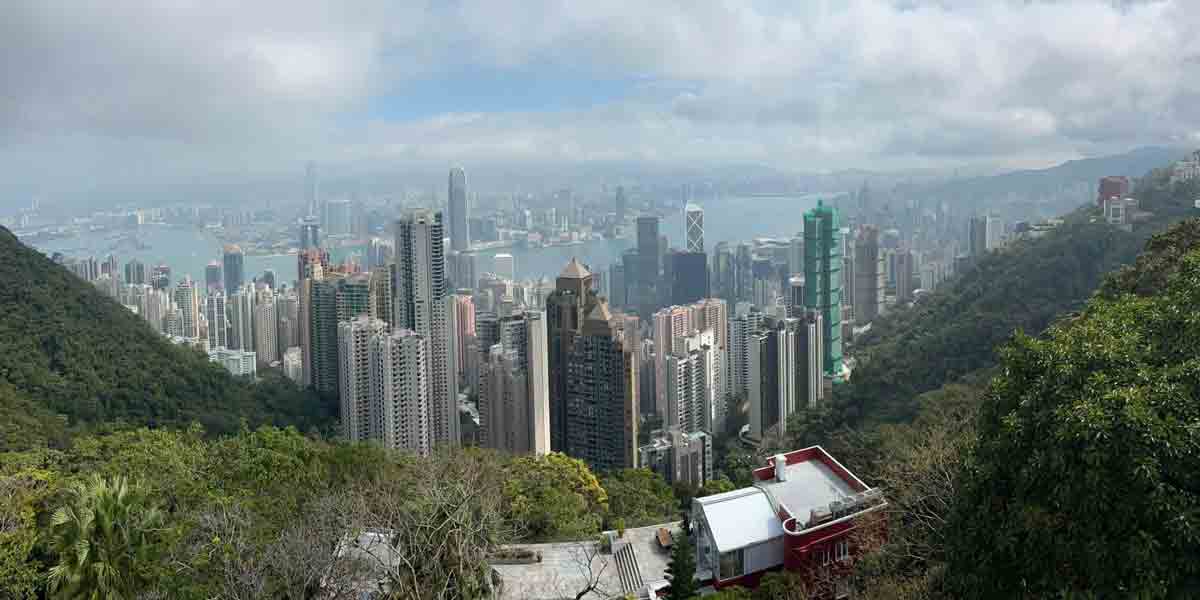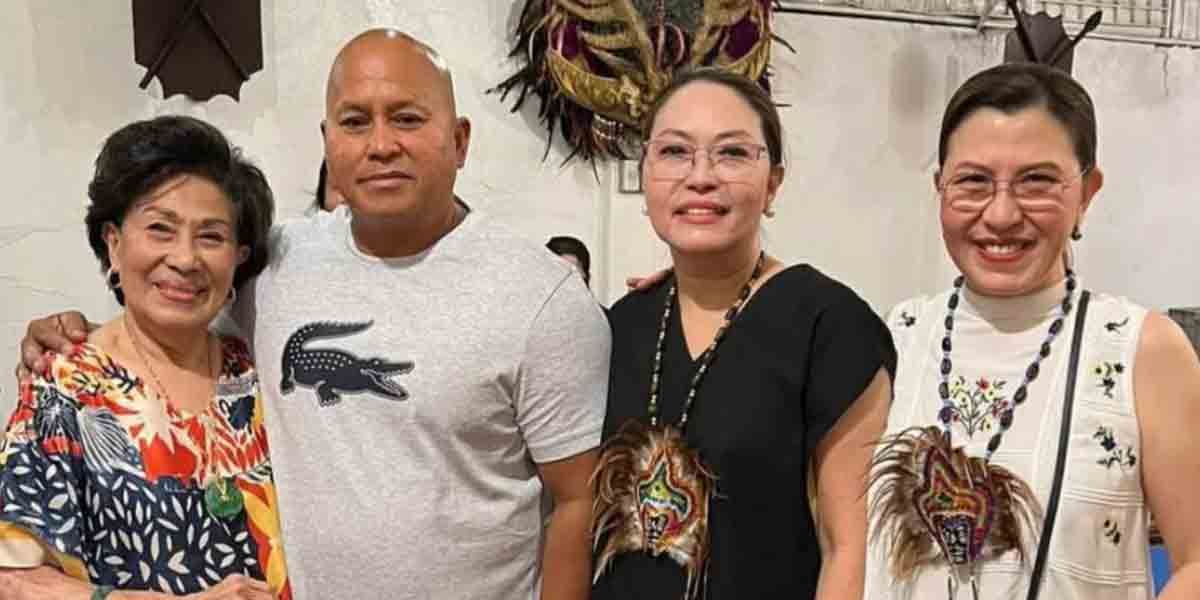In an era where information flows freely and rapidly, the truth can often become a casualty of manipulation. This reality was starkly highlighted during the recent East-West Center International Media Conference in Manila, where the Philippine Foreign Secretary Enrique Manalo and US Ambassador to the Philippines MaryKay Carlson discussed the growing threat of disinformation, particularly in relation to the West Philippine Sea dispute.
The Philippines finds itself at the center of a disinformation campaign that seeks to paint the nation as the antagonist in the ongoing territorial dispute over the West Philippine Sea. Malign actors, most notably China, are leveraging technology to distort facts and shift blame, portraying themselves as victims while branding the Philippines as a troublemaker. This narrative is not only misleading but dangerously undermines the Philippines’ legitimate claims based on the United Nations Convention on the Law of the Sea (UNCLOS).
Secretary Manalo emphasized the urgency of addressing these false narratives, pointing out the sophisticated cyberattacks aimed at undermining the truth. “The ability of the press to report on global events and the ability of people to appreciate and understand these events is under sustained attack from disinformation and cyberattacks,” he stated. Despite the country’s low ranking on the global Press Freedom Index, the Marcos government remains committed to supporting a free and independent press.
Ambassador Carlson echoed these concerns, underscoring the critical role of journalists in exposing the truth. She highlighted the shared challenges in both the Philippines and the United States regarding press freedom, acknowledging that even the US has seen a decline in its Press Freedom Index. Carlson’s remarks reinforced the importance of a robust, independent press in maintaining democratic values and international order.
The disinformation campaign against the Philippines is not merely an internal issue; it is a strategic move by China to deflect attention from its refusal to recognize UNCLOS. By framing the Philippines as a pawn in a geopolitical game, China diverts scrutiny from its unlawful actions in the region.
The West Philippine Sea dispute is more than a bilateral issue between the Philippines and China; it is a matter of upholding international law and respecting sovereign rights. The 2016 Arbitral Tribunal ruling unequivocally rejected China’s expansive maritime claims, affirming the Philippines’ rights within its Exclusive Economic Zone (EEZ). Despite this, China continues to assert its dominance through harassment and interference with lawful Philippine activities in these waters.
Ambassador Carlson was clear in her condemnation of these actions. “We are urging the PRC to cease harassment of Philippine vessels lawfully operating in the Philippine Exclusive Economic Zone; to halt its disruption of states’ sovereign rights to explore, utilize, conserve, and manage natural resources in their own EEZs; and to end interference with the freedoms of navigation and overflight of all states’ lawful operation, not only in this region but around the world.”
The ongoing disinformation campaign against the Philippines in the West Philippine Sea dispute is just another display of the power and danger of manipulated narratives. As Secretary Manalo and Ambassador Carlson highlighted, the truth must be defended vigorously.
The disinformation campaign is a calculated effort by certain individuals and parties to portray the Philippines as the troublemaker while China, which refuses to recognize the United Nations Convention on the Law of the Sea (UNCLOS), is depicted as the aggrieved party. This narrative is not only misleading but dangerous, undermining the rules-based international order that ensures peace and stability in the region.
It is crucial to remain vigilant against these false narratives and continue to uphold the principles of truth and justice. The Philippines, backed by international law and a commitment to peaceful resolution of disputes, must not be swayed by disinformation but rather stand firm in its rightful claims and sovereignty.
The role of a free press is crucial in this endeavor, standing as a bulwark against the tide of falsehoods and ensuring that the truth prevails.
